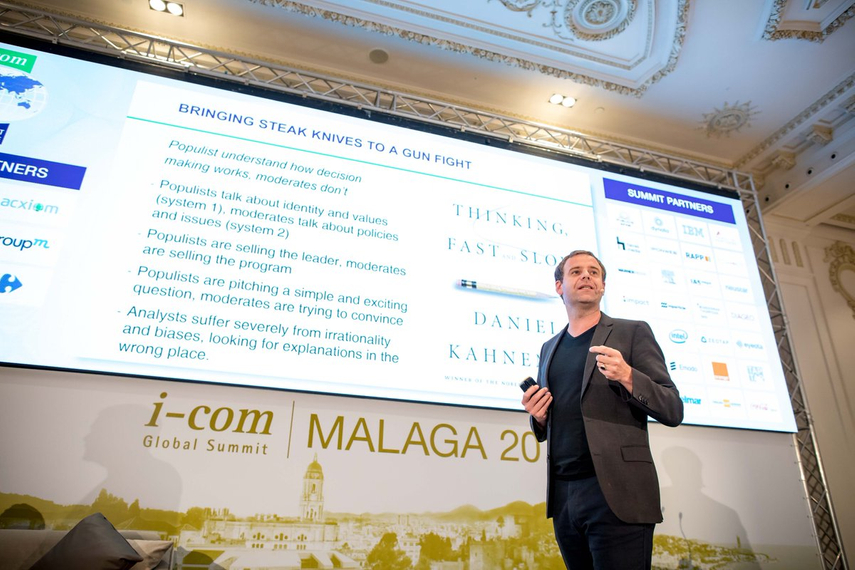
Please sign in or register
Existing users sign in here
Having trouble signing in?
Contact Customer Support at
[email protected]
or call+91 022 69047500
Tom de Bruyne, founder, Sue Amsterdam and Behavioural Design Academy, explained how the ruling party in the Netherlands stayed in power post the elections in 2017

Contact Customer Support at
[email protected]
or call+91 022 69047500
Top news, insights and analysis every weekday
Sign up for Campaign Bulletins
With B2B influencers on the rise, experts in the region advise marketers to prioritise trust and credibility over visibility and metrics. Meanwhile, an emerging business to human (B2H) trend is overtaking B2B storytelling.
While 21% of men recall auto ads, 17% of women recall food & snack ads in IPL 2025, according to a survey by CrispInsight and Kadence International.
Marketers have long attempted to distill generational behaviors into easy stereotypes, but Gen Z resists these tidy boxes.
With over-dependence on search engines becoming passé, brands that embrace social discovery will reap future rewards, says GALE India president.